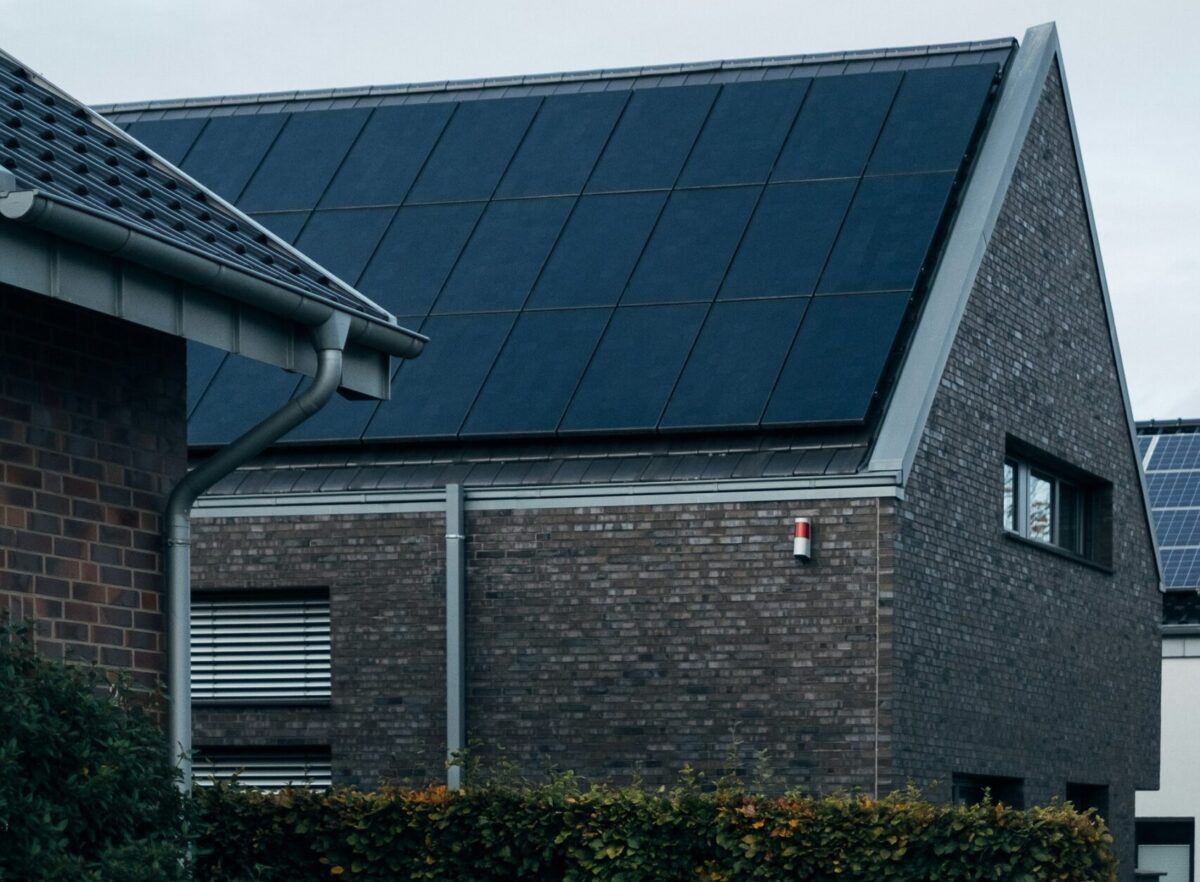Researchers from the University of Michigan have found that climate change will increase the future value of residential rooftop solar panels across the United States by up to 20% by the end of the century.
In “Climate change will impact the value and optimal adoption of residential rooftop solar,” which was recently published in Nature Climate Change, the researchers quantified the effects of climate change on rooftop solar value and optimal capacity. They analyzed data from 2,000 households across 17 US cities, estimating air-conditioning demand and solar panel performance under future climates.
Mai Shi, the study’s lead author, told pv magazine that this is the first study to quantify how climate change will affect the value of rooftop PV for households in the future.
“Value here means economic value – how much does a household save on its electricity bill when it installs rooftop solar,” Shi explained. “Our analysis captures how climate change will affect household electricity demand through increased cooling demand and household rooftop PV generation.”
The researchers said that rooftop solar value will increase by between 5% and 15% across a wide range of US cities under moderate climate change by the mid-century, and then by up to 20% by the end of the century. Greater increased value was analyzed in homes with larger cooling intensities and cities with increasing radiation and higher power retail prices.
Popular content
Across the 17 cities, Miami and Orlando are expected to see the strongest increase in solar value. Shi said that in these cities, climate change is expected to increase solar radiation, which in turn will favor more rooftop PV generation, while increases in air temperatures will lead to more household electricity demand.
“Given the average 25-year lifespan of a rooftop solar installation, a system built today will nearly experience 2050 weather. Therefore, it’s important for households to think of future value when building solar,” Shi said. “If households do so, our findings indicate they would see even greater value from solar, and might decide to build more.”
This content is protected by copyright and may not be reused. If you want to cooperate with us and would like to reuse some of our content, please contact: editors@pv-magazine.com.


2 comments
By submitting this form you agree to pv magazine using your data for the purposes of publishing your comment.
Your personal data will only be disclosed or otherwise transmitted to third parties for the purposes of spam filtering or if this is necessary for technical maintenance of the website. Any other transfer to third parties will not take place unless this is justified on the basis of applicable data protection regulations or if pv magazine is legally obliged to do so.
You may revoke this consent at any time with effect for the future, in which case your personal data will be deleted immediately. Otherwise, your data will be deleted if pv magazine has processed your request or the purpose of data storage is fulfilled.
Further information on data privacy can be found in our Data Protection Policy.